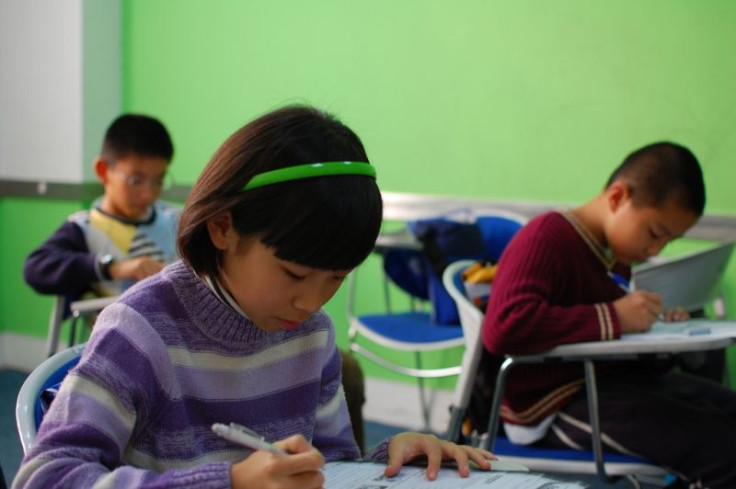Unmerited Self-Praise Can Lead to Depression

Self-praise, if you didn't earn it, could be harmful.
New research shows that people who try to boost their self-esteem by telling themselves they’ve done a great job when they haven’t could end up feeling depressed, according to a new study.
"These findings challenge the popular notion that self-enhancement and providing positive performance feedback to low performers is beneficial to emotional health. Instead, our results underscore the emotional benefits of accurate self-assessments and performance feedback," said Young-Hoon Kim, PhD, of the University of Pennsylvania.
The research published by the American Psychological Association involved experiments with four different groups of students from the United States and Hong Kong. Three U.S. groups totaled 295 college undergraduates, with a mean age of 19, and 186 of them women. The one Hong Kong group consisted of 2,780 high school students from grades 7-12 from four different schools, including 939 girls.
In the first two experiments, one of the U.S. groups and the Hong Kong students took academic tests and were asked to rate and compare their own performances with other students at their schools. The students then completed questionnaire to assess symptoms of depression.
In the third and fourth experiments, researchers evaluated the other two sets of U.S. undergraduates and gave them feedback exercises that made high performers think their performance was low and low performers think their performance was high.
All the study results showed that those who rated their own performance as much higher than it actually was were significantly more likely to feel dejected.
"Distress following excessive self-praise is likely to occur when a person's inadequacy is exposed, and because inaccurate self-assessments can prevent self-improvement," said co-author Chi-Yue Chiu, of Nanyang Technological University in Singapore.
The studies also showed that the U.S. undergraduates had a higher mean response when rating their performance compared to the Hong Kong students, 63 percent compared to 49 percent. However, they found that self-praise fell hand in hand with depression for both cultures.
This is why you’ll find many parents to say, “Don’t talk about it, just do it.”



























